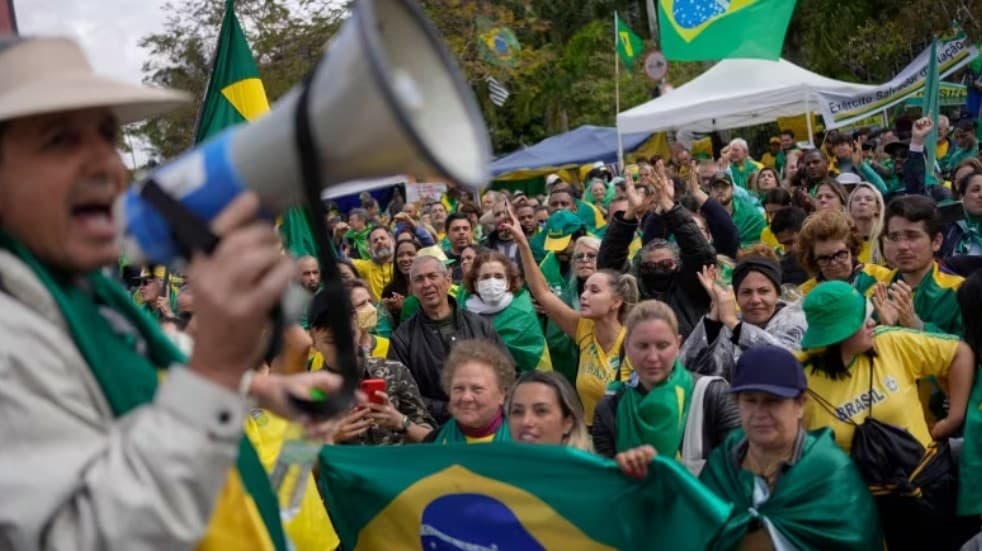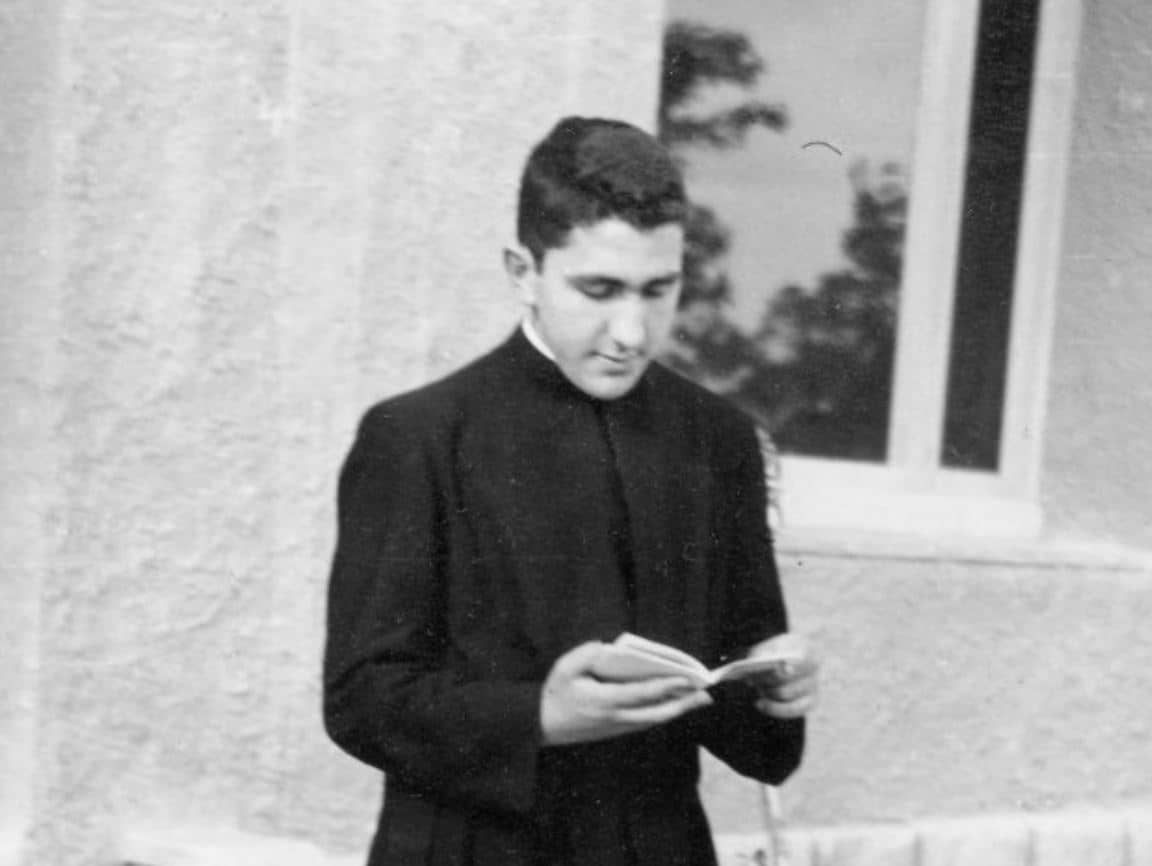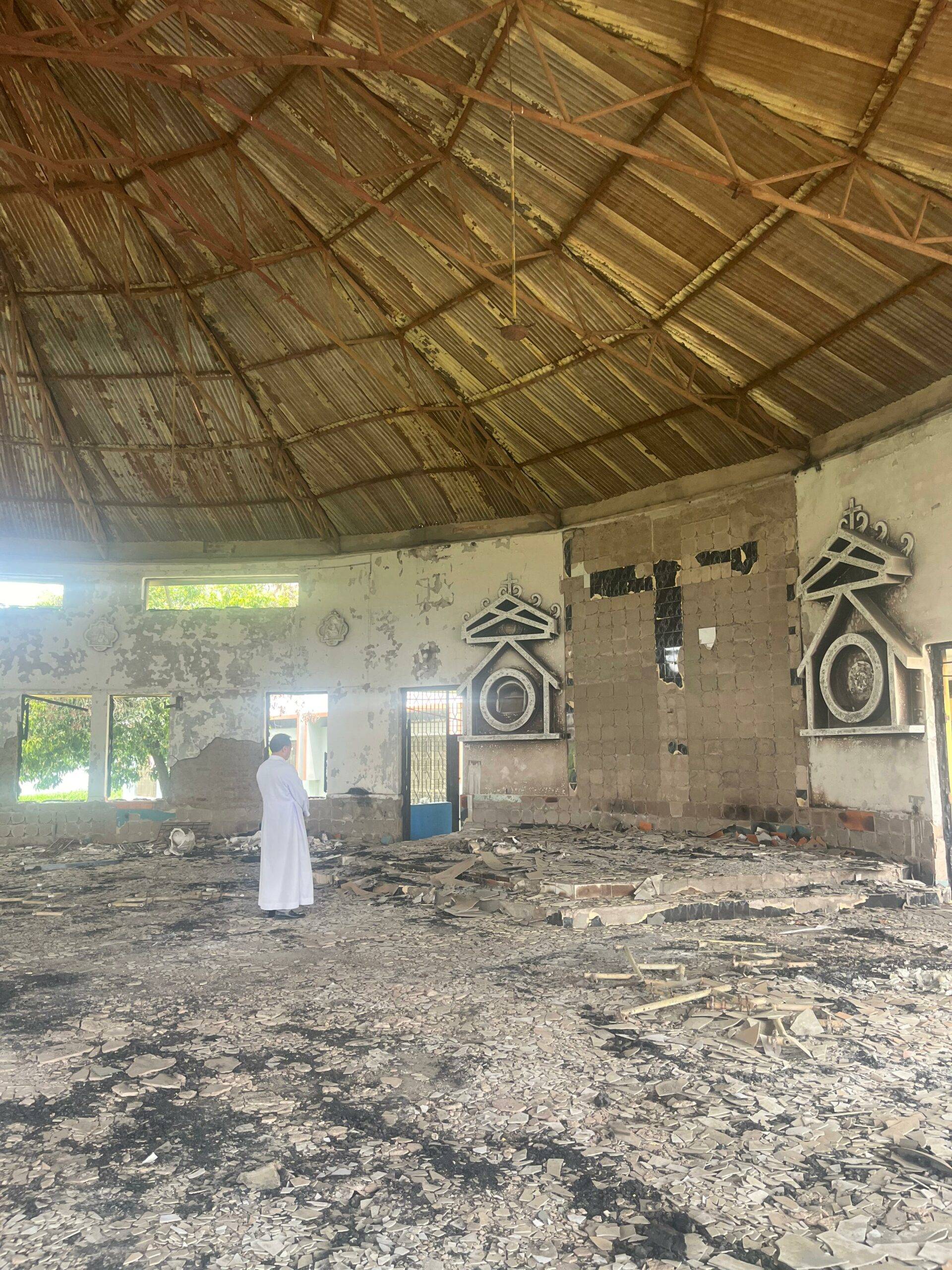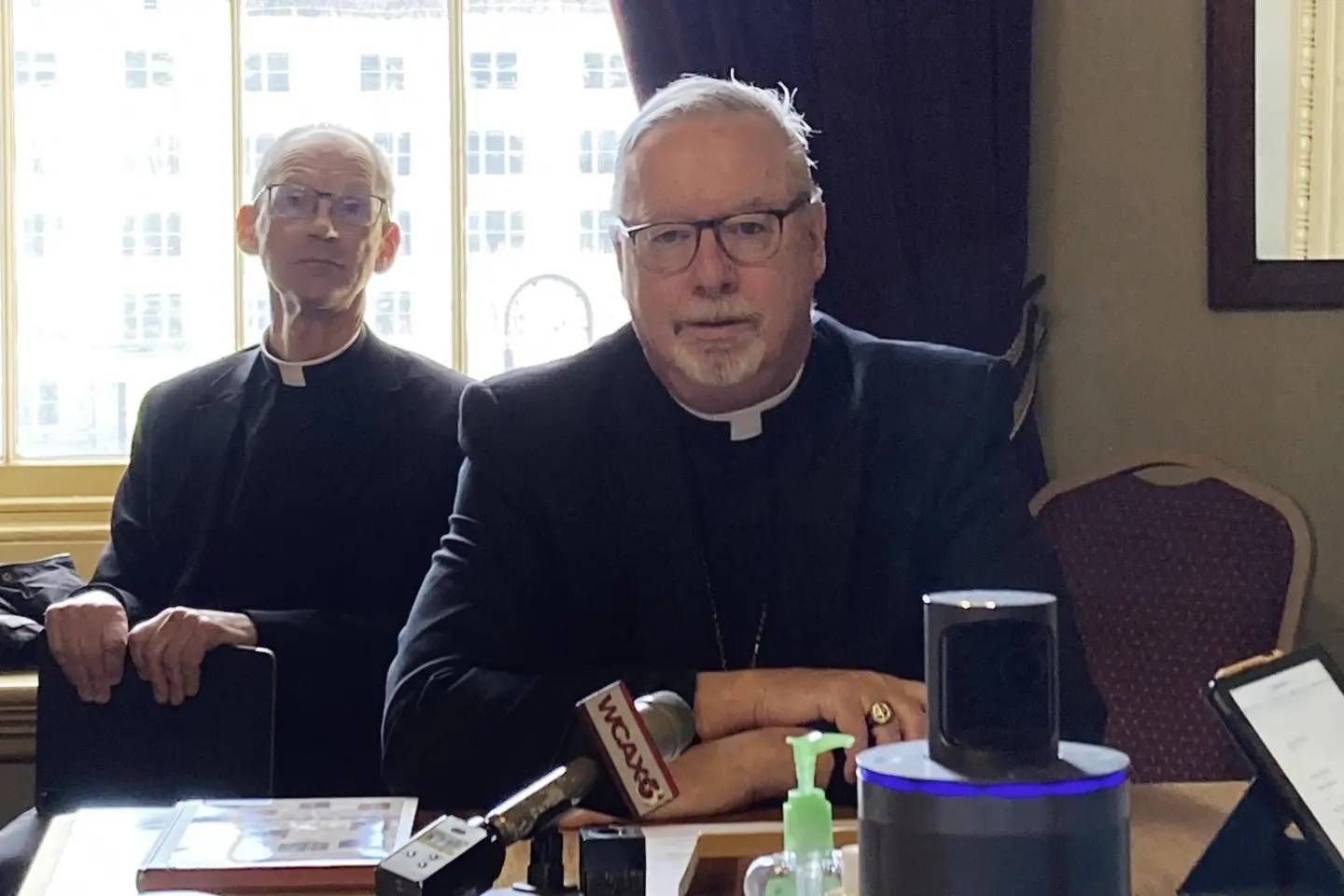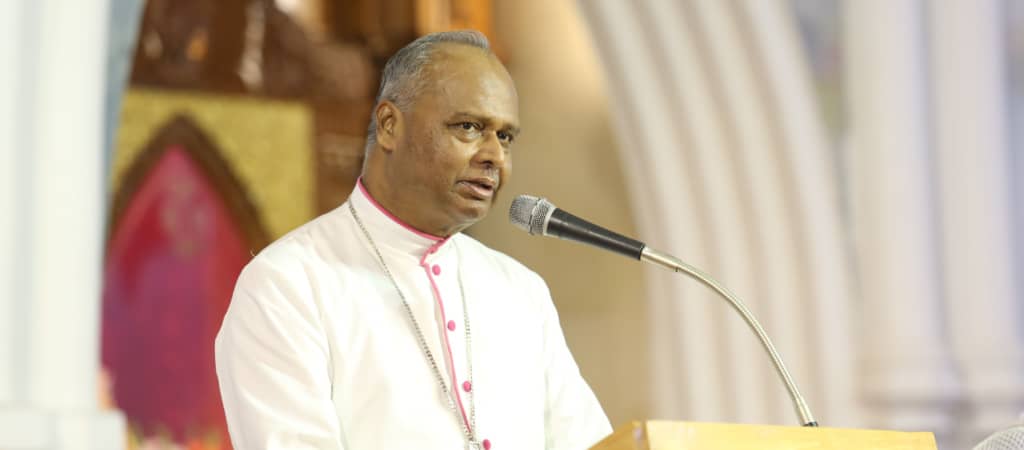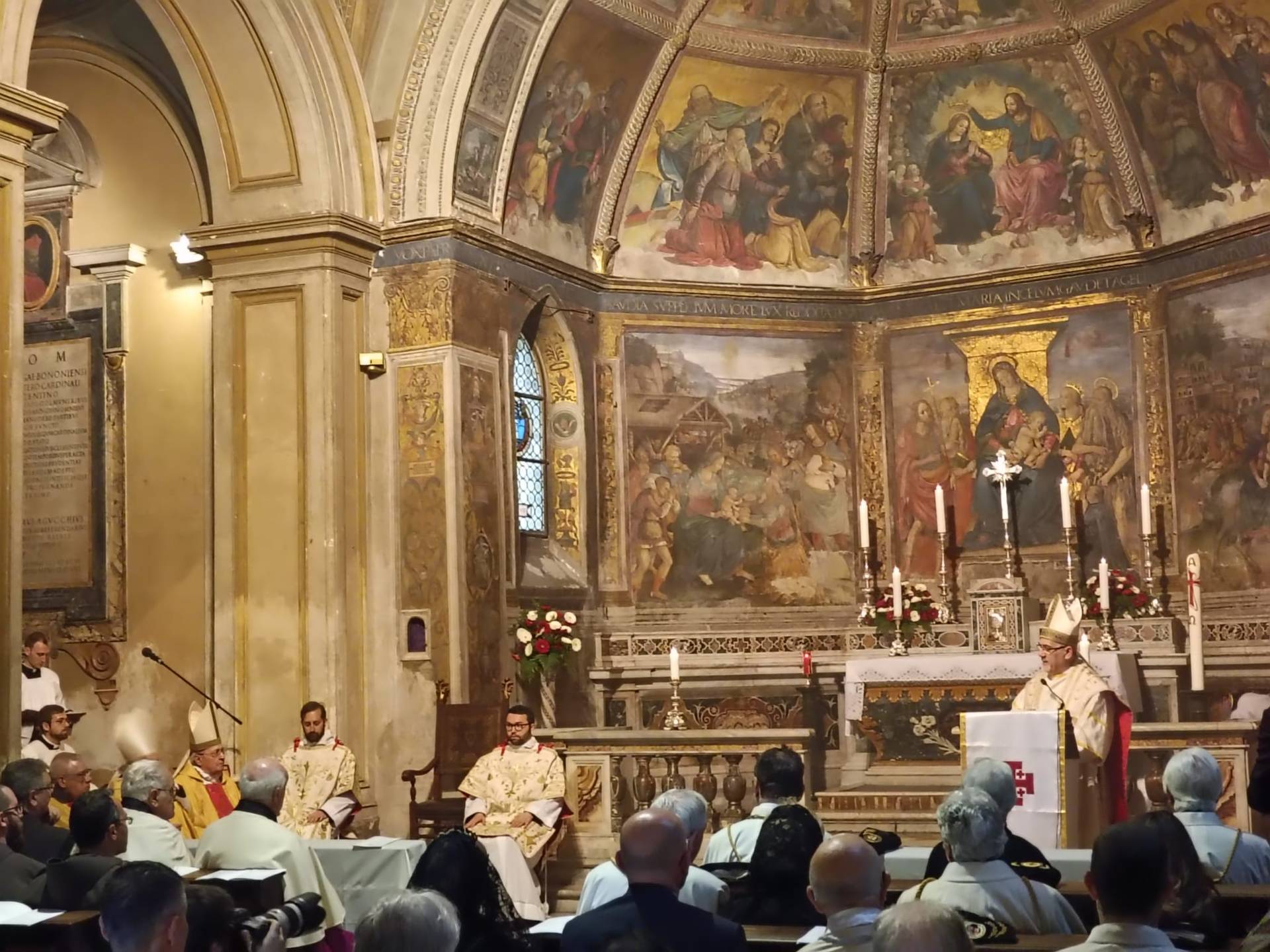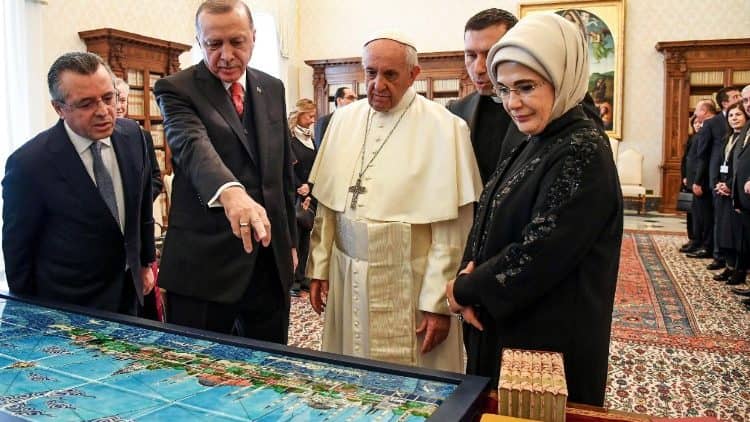SÃO PAULO, Brazil – Up and down Pope Francis’s home continent of Latin America, from Brazil to Chile, Catholic bishops appear to be warning of what they see as growing political polarization and the discontents it produces.
Several Latin American bishops’ conference held plenary assemblies over the last couple of weeks, in which polarization has been a major theme. Letters released by episcopates in Brazil, Uruguay, Ecuador, Bolivia, and Chile directly mentioned the need to overcome social divides in those countries.
While declarations released by the Mexican and the Argentine episcopates didn’t include political polarization as a direct element in the social reality they described, they did highlight several topics connected to it.
The message from the Bolivian bishops, who met April 11-16, expressed a central concern about political divisions.
“Bolivia needs to build bridges for the encounter of all Bolivians. [It needs to] change the logic or anti-culture of blocking and confronting, in order to build a culture of peace and live like brothers who pursue common good and respect human dignity,” the letter read.
Over the past months, the nation has not only seen a growing rift between President Luis Arce’s government and the right-wing opposition, but also between the leader’s backers and those of former President Evo Morales. Although they’re members of the same party, both politicians are vying for a new term. Clashes between their supporters have been generating a growing political turmoil.
The letter invites Bolivians to seek “peace and reconciliation for each one and with others, without resentment, without divisions, united in diversity” and “living in compassion.”
The Brazilian bishops, whose plenary assembly occurred between Apr. 10-19 in Aparecida, released a letter in which concerns over the weakening of democracy and its effects on society occupied a central part.
The declaration began with a call to Brazilian institutions and state powers to follow the principles of the constitution and to look for harmony and independence. It was a reference to disputes between the Supreme Court and the Congress, whose members many times feel that the justices have been acting as lawmakers and ruling over matters that should be discussed by elected representatives.
The letter dedicates a large paragraph to the discussion of the dissemination of fake news on social media. It says that “the fight against disinformation, lies and fake news that often use religious language to justify hidden political and economic interests demands greater capacity of confronting them and better mechanisms so that the sovereignty of the vote is not affected.”
“Freedom of expression cannot be at the service of social division. Democracy itself is weakened by hatred, fundamentalism, and populism,” the statement said
After losing his reelection bid at the end of 2022, former President Jair Bolsonaro circulated accusations about the alleged insecurity of the voting machines used in Brazil, in what critics styled as an exercise in “fake news.” In January 2023, thousands of his followers invaded several government buildings in Brasilia with the intention of resisting President Luiz Inácio Lula da Silva, who had taken office a week earlier.
Chilean bishops, whose assembly happened between Apr. 15-19, and Uruguayan bishops, who met between Apr. 8-12, asked their countrymen to avoid more social and political divisions in the face of upcoming elections.
The Mexican episcopate, which carried out an assembly between Apr. 8-12, also dedicated much of its final declaration to the general elections that will happen on Jun. 2. Although the letter doesn’t mention political polarization directly, it calls for a “united Mexico” through “peaceful, free, conscious, trustworthy” elections.
Topics such as corruption and violence are discussed in different paragraphs of the document.
The Argentinian bishops gathered between Apr. 15-19 in Pilar. Their final declaration focuses on the grave economic and social crisis that the South American country has been facing over the past couple of years, denouncing many of its effects on the lives of the poorest in society.
The bishops argue that the difficult context faced by the Argentinians must be met with the “profound and long-lasting joyfulness that emerges from the encounter with the Lord.”
“We are convinced that love with concrete gestures and joyfulness are the most explicit announcement of the Gospel in a society that seems to be living in continuous confrontation, where individualism and liberty without love prevail,” the declaration read.
According to Argentinian-born Father Pedro Brassesco, deputy secretary general of the Latin American and Caribbean Episcopal Council (known by the Spanish acronym CELAM), the Latin American episcopate has been following with concern the growing political polarization in the region, something that has been weakening democracy.
“Coincidentally, that context has been analyzed during the most recent meeting we had in CELAM with the national bishops’ conferences’ secretary generals, in March. Many of them mentioned that process, which is aggravated by corruption,” Brassesco told Crux.
According to him, one of the ways suggested by the prelates to deal with that scenario is to strengthen the formation of leaders who are able to take the values of the Gospel to the governance of communities and nations.
“As Catholics, we insist on the encounter, dialogue, and understanding between people. But political polarization is a debilitating factor in that process,” he said.
Brassesco said that political divides have been leading to authoritarianism in Latin America, “forms of power that seek to perpetuate themselves in control and that many times incentivize ideas against specific segments.”
Archbishop Luis Cabrera of Guayaquil, who heads the Ecuadorian Bishops’ Conference, said that political polarization begins with an “immovable stance taken by a party or movement that thinks its position is the only legitimate solution for social or economic problems.”
“Dialogue is only possible if there’s a firm decision to carry it out without imposing a particular vision. It’s also necessary to call the parties involved to look at the great common problems faced by our people,” he told Crux.
Cabrera presented the Ecuadorian bishops’ final declaration, released after their encounter in Quito between Apr. 8-12. The letter focused on the serious crisis of violence faced by the South American nation, whose peak was in January. Describing the dramatic situation experienced by many Ecuadorians over the past months, the bishops mentioned the divisions in the country’s society as part of the problem, rejecting “the continuous confrontation of social and political leaders as enemies.”
Fortunato Mallimaci, a sociologist at the University of Buenos Aires and an expert in religion, argued that Latin American bishops have been feeling “the growing social disintegration of the region and have been experiencing the uneasiness of such a process.”
Historical problems in Latin America, such as extreme poverty, social inequality, and dysfunctional governments, have been intensified and are now leading to socio-political changes.
“The Catholic world appears in that context as it was floating around those crises. Politicians are employing several Christian concepts and the religious institutions – especially the Church – have been unable to control them,” Mallimaci said.
Analyzing the declarations released after the plenary assemblies of the Latin American episcopates, Mallimaci said that most of them defend in general terms the participation of Catholics in their countries’ political lives, “but fail to show in more depth how that should be done.”
“Those letters include central concepts for a Catholic understanding of the current reality, but they lack strength and clarity. They reveal the episcopate’s bewilderment in the face of the malaise in Latin America,” he reasoned.
Mallimaci said that such documents don’t have much impact.
“They are the product of a Catholicism that is losing strength in Latin America,” he said. “People have been looking for other Christian leaders, with more millenarianist ideas.”
